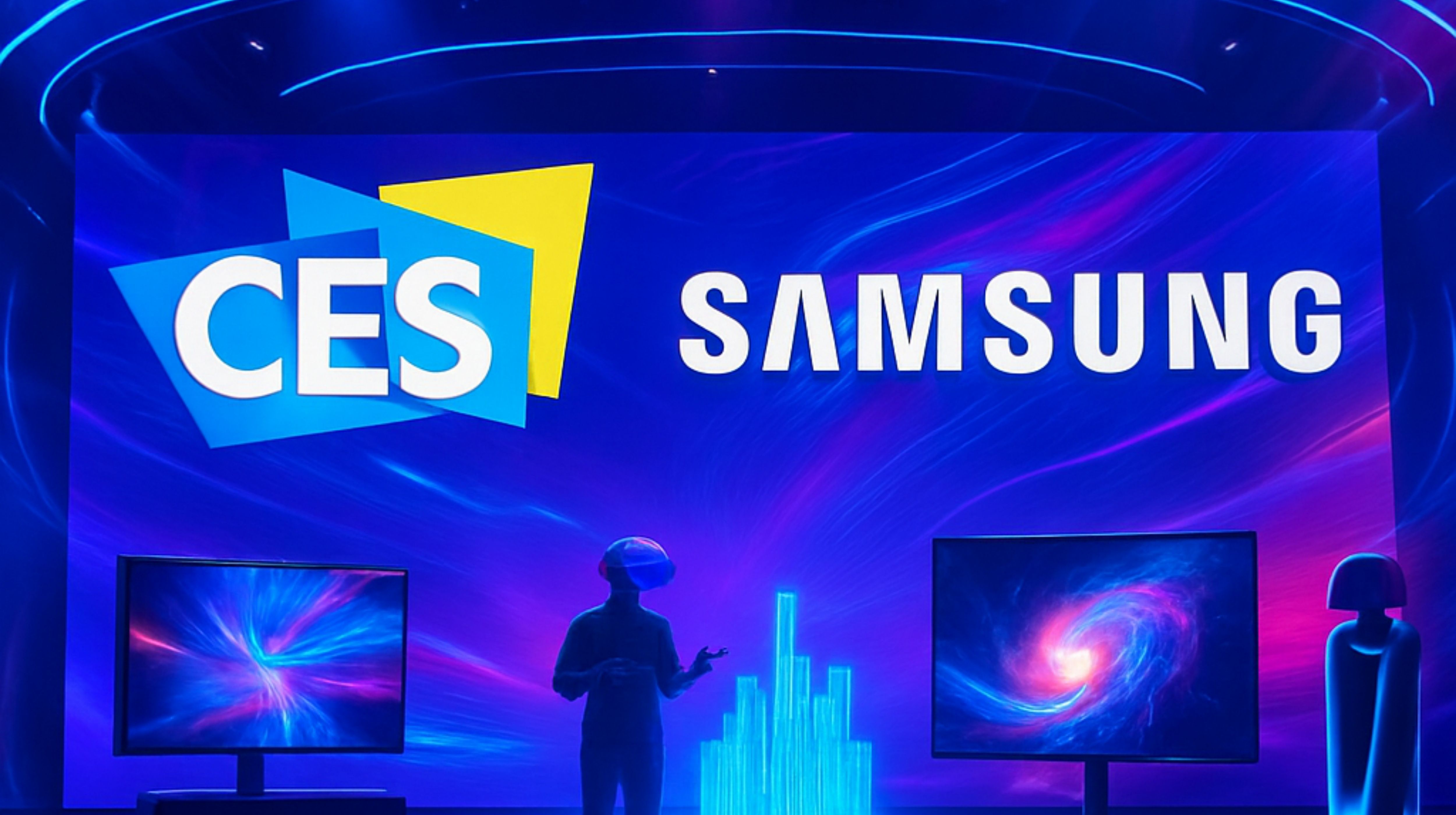The South Korean electronics corporation, Samsung, is preparing a major shift to autonomous manufacturing, converting global production sites into AI-driven factories by 2030.
As such, the company is moving toward a model in which AI systems understand on-site conditions and make operational decisions independently, rather than relying on fixed automation.
A transition that will use digital twin simulations across the whole manufacturing cycle, from materials warehousing to shipping.
Samsung will deploy AI agents for quality control, production and logistics, aiming for stronger data-driven verification and improved efficiency. Wider adoption of AI in environmental health and safety is expected to raise workplace safety standards.
The firm plans to integrate agentic AI, first introduced with the Galaxy S26, into industrial operations, enabling systems to set and execute their own tasks. Humanoid manufacturing robots will be rolled out in phases as Samsung builds fully optimised smart factories.
Samsung will present its manufacturing vision at Mobile World Congress 2026, followed by the Samsung Mobile Business Summit, where executives will detail governance strategies for managing the rise of agentic AI across industries.
Would you like to learn more about AI, tech and digital diplomacy? If so, ask our Diplo chatbot!










